Residential Gas Line Relocation Services
Relocating residential gas lines involves precise planning and execution to ensure safety and compliance. This service is essential when remodeling, expanding, or rerouting utilities within a property.
This service involves shifting existing gas lines to accommodate new construction or landscape changes, ensuring minimal disruption and safety.
Replacing outdated or damaged gas piping to improve safety and efficiency in residential properties.
Detailed assessment and planning to determine the most efficient and safe route for gas line relocation.
Handling all necessary permits and ensuring adherence to local codes for gas line modifications.
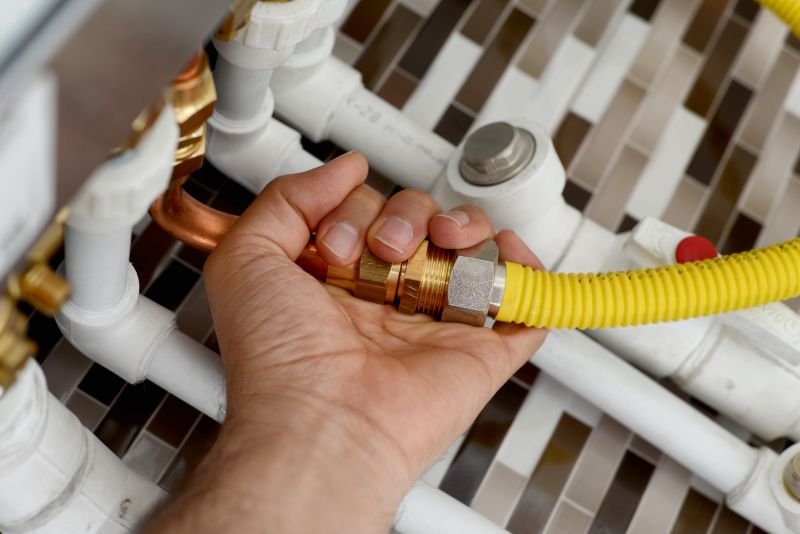
Residential gas line being carefully moved during a planned relocation.
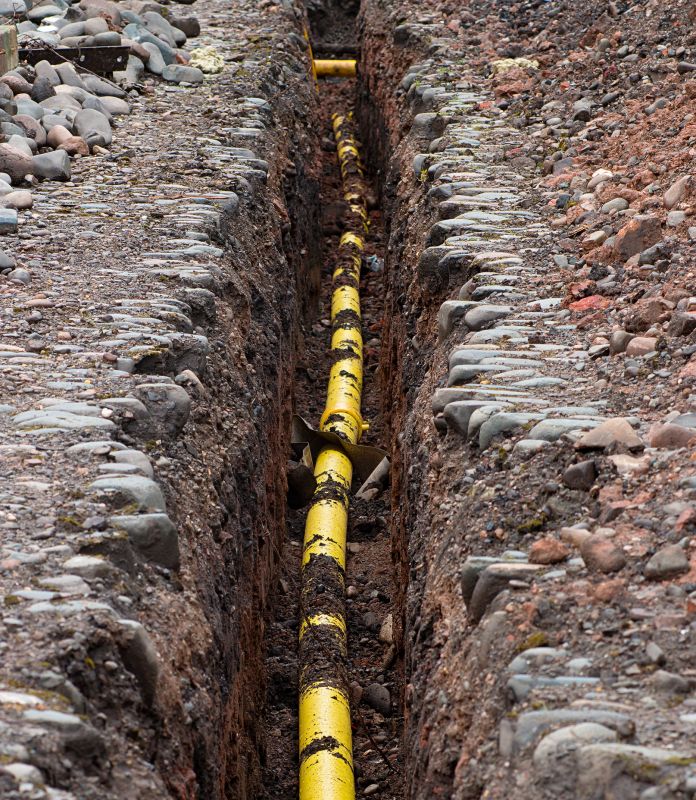
Excavation process for relocating gas lines in a residential yard.

Installing new piping to replace or reroute existing gas lines.
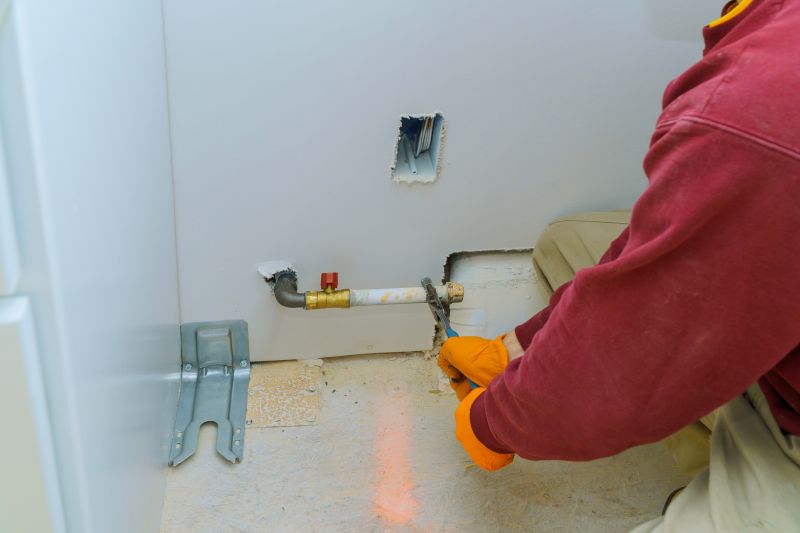
Connecting relocated gas lines to appliances and meters.
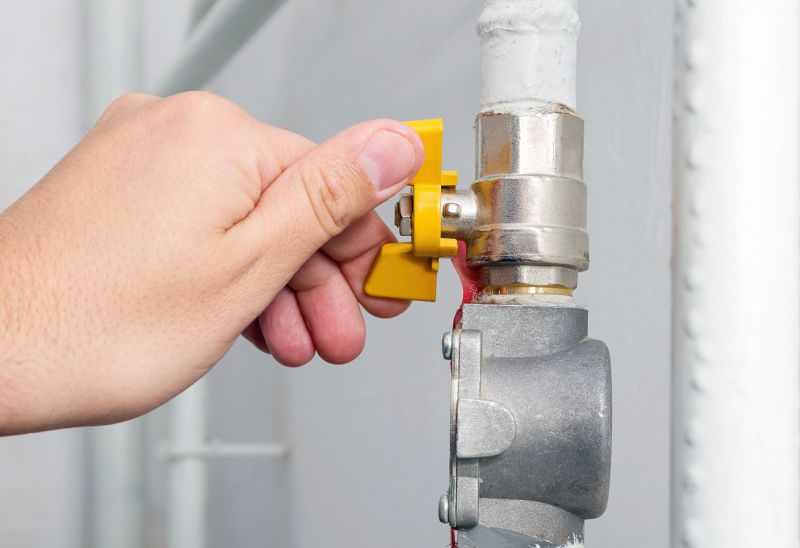
Ensuring safety and compliance through thorough inspection.
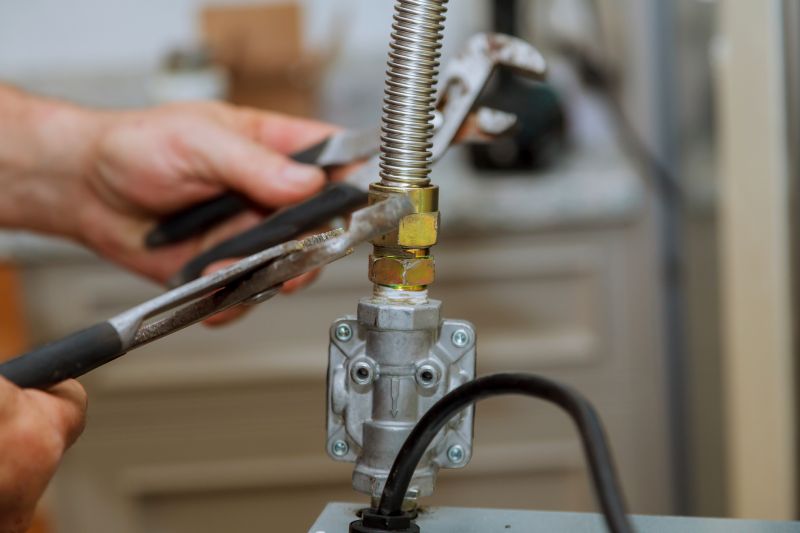
Installing or relocating the gas meter for a residential property.
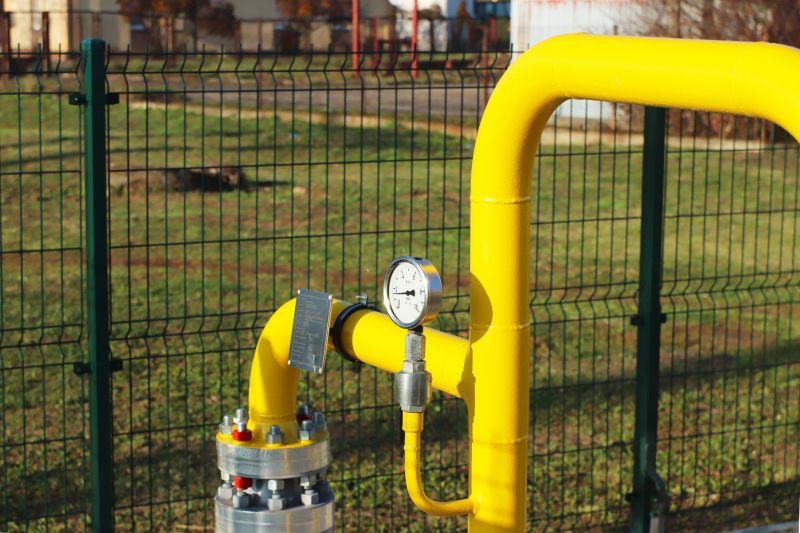
Use of safety gear and equipment during gas line work.
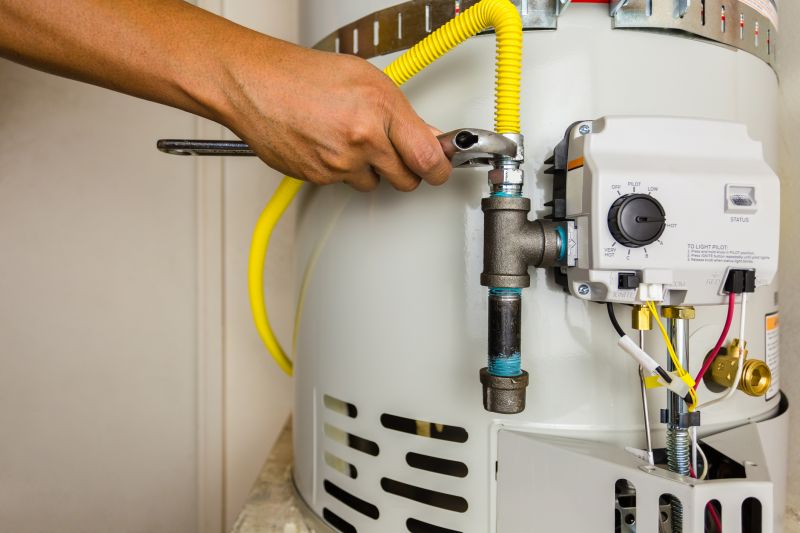
Finished gas line rerouting with proper connections.
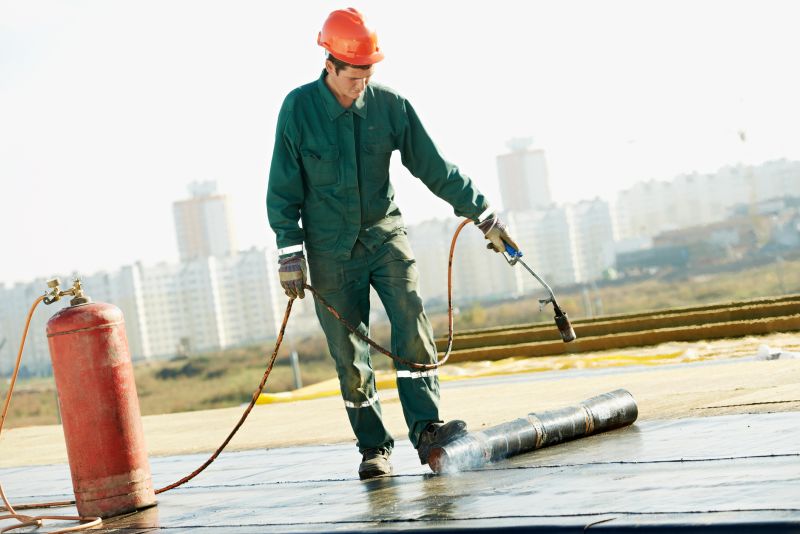
Repairing damaged sections during relocation process.
| Aspect | Details |
|---|---|
| Average Duration | Typically 1-3 days depending on scope |
| Preparation Required | Property access and utility shutdown |
| Permitting Process | Involves local code compliance and inspections |
| Disruption Level | Minimal with proper planning |
| Cost Factors | Distance, complexity, and materials used |
| Safety Considerations | Strict adherence to safety protocols |
| Post-Relocation Inspection | Mandatory before re-energizing gas supply |
| Common Challenges | Underground obstacles and existing infrastructure |
Understanding the process of gas line relocation helps homeowners plan effectively. Proper assessment and skilled execution are vital to ensure safety and compliance throughout the project.
Relocating a gas line typically involves initial site evaluation, obtaining permits, excavation, pipe installation, connection, and inspection. The entire process requires careful coordination to minimize inconvenience.
Property owners are encouraged to contact professionals for detailed estimates and to discuss specific requirements for residential gas line relocation projects.
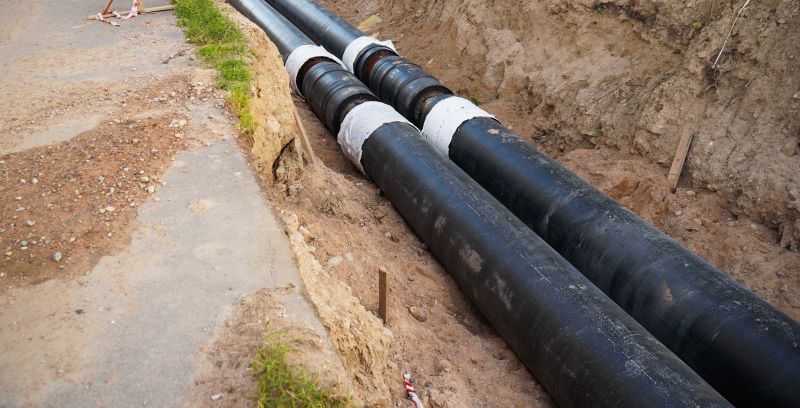
Excavation work for relocating gas lines in a residential yard.
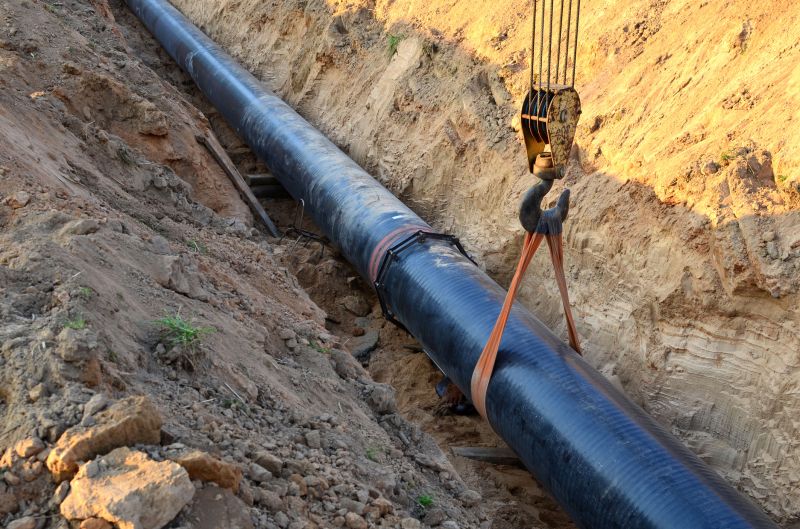
Detailed view of new piping during a relocation.
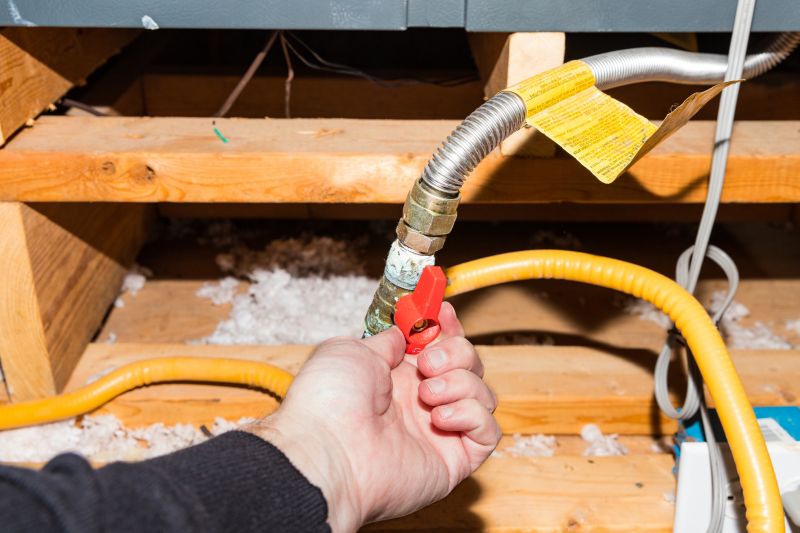
Connecting new gas lines to appliances.
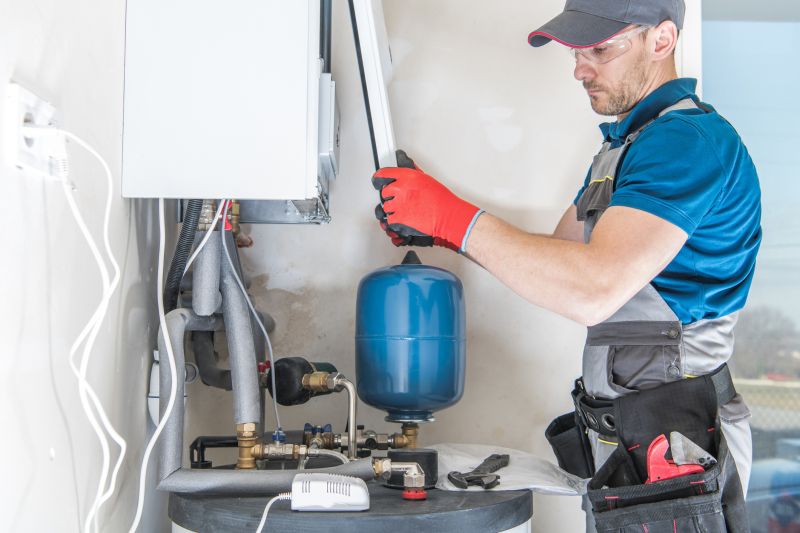
Inspecting gas line work for safety and compliance.
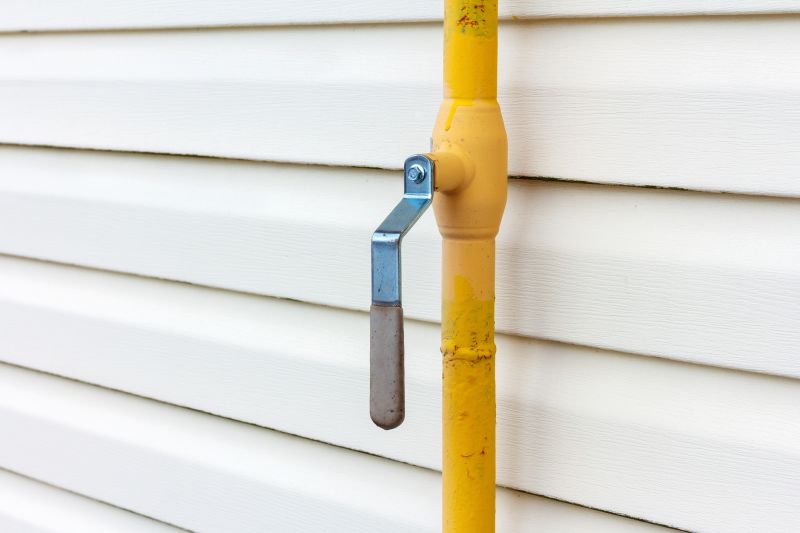
Finished installation with proper safety measures.
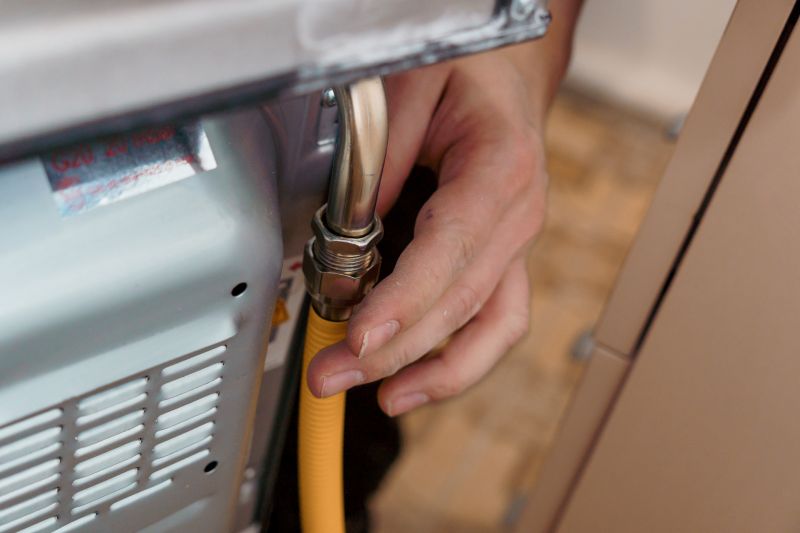
Relocating or installing a new gas meter.
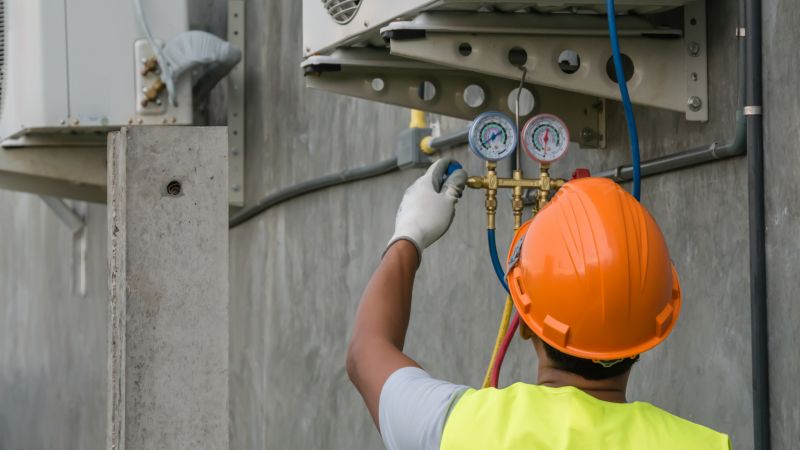
Technicians equipped with safety gear during work.
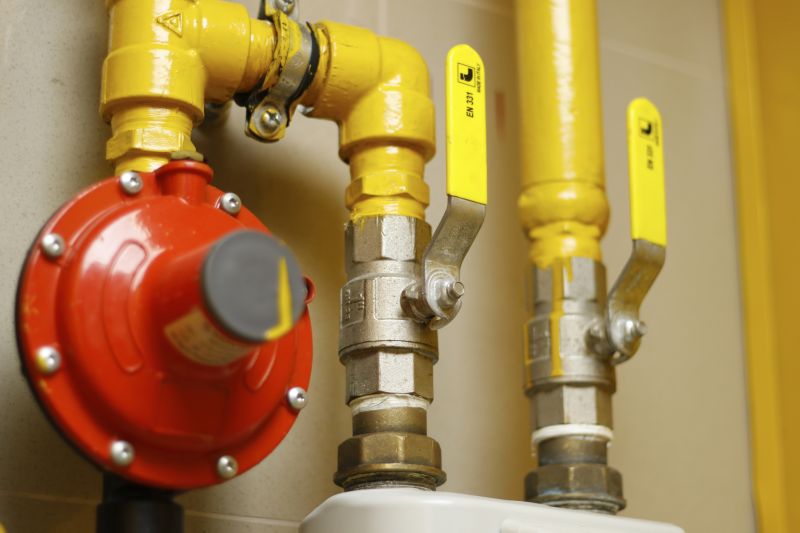
Final look at the properly rerouted gas line.
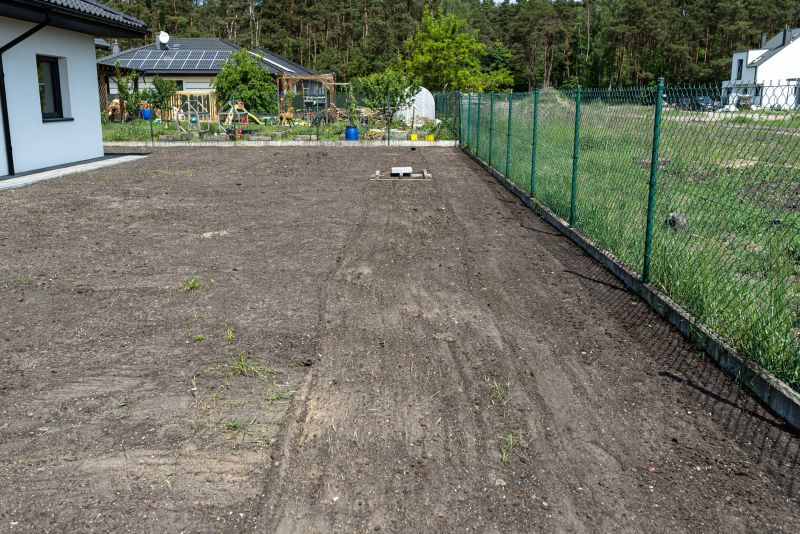
Preparing yard area for gas line work.
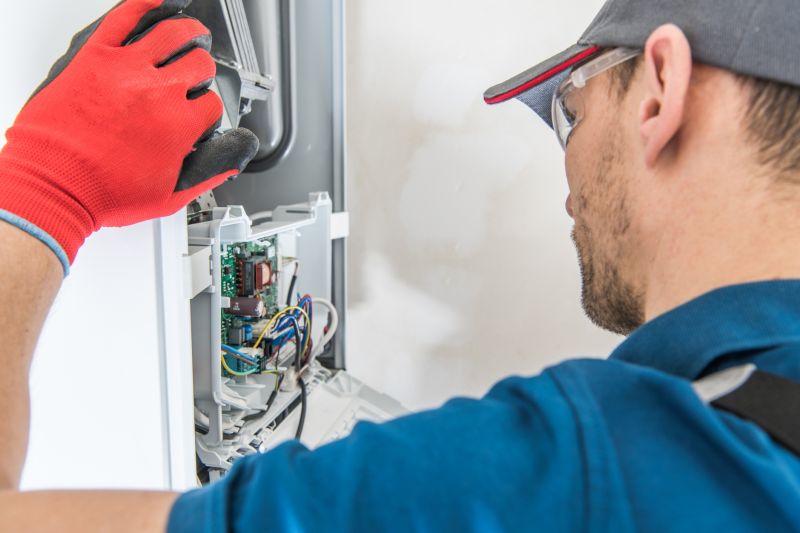
Ensuring all work meets safety standards.
For homeowners considering gas line relocation, obtaining a detailed quote is recommended. Filling out the contact form provides an opportunity to discuss project scope and scheduling.
